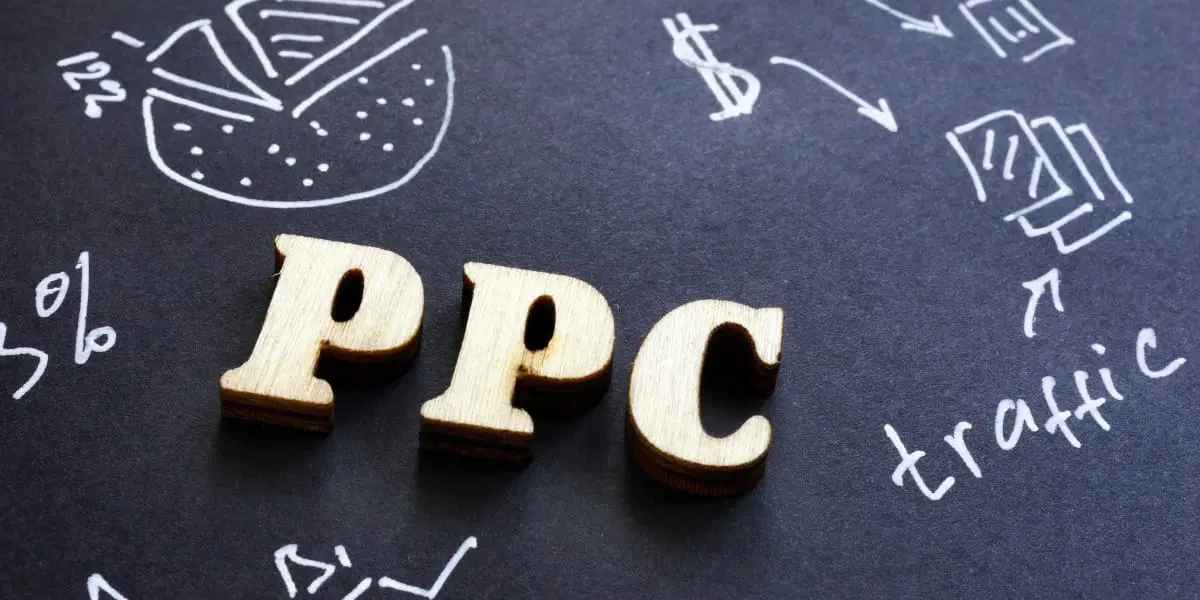Pay-Per-Click (PPC) advertising is one of the most effective ways to drive targeted traffic to your website. By bidding on relevant keywords, businesses can have their ads shown on search engine results pages (SERPs) and other platforms. While PPC campaigns can be highly beneficial, they require well-thought-out strategies to ensure a good return on investment (ROI). In this article, we will explore various PPC advertising strategies that can help you optimize your campaigns and achieve better results.
Start with In-Depth Keyword Research
Effective PPC advertising begins with proper keyword research. Keywords are the foundation of any PPC campaign, and choosing the right ones can make or break your efforts. Use tools like Google Keyword Planner, SEMrush, or Ahrefs to identify high-volume, low-competition keywords that are relevant to your business. It’s important to focus not only on broad keywords but also on long-tail keywords, which are more specific and often less expensive. Long-tail keywords tend to have a higher conversion rate since they target users further along in their buying journey. Regularly revisit and update your keyword list to ensure you stay competitive and align with shifting trends.
Structure Your Campaigns and Ad Groups Effectively
Once you have your keywords, the next step is to organize your PPC campaigns and ad groups in a structured and logical manner. Proper campaign structure is crucial for controlling your budget, tracking performance, and optimizing results. Start by creating separate campaigns for different product categories or services you offer. Within each campaign, create ad groups that contain closely related keywords. This segmentation allows for better targeting and ad relevancy. For instance, if you sell shoes, you might have different ad groups for “running shoes,” “formal shoes,” and “casual shoes.” This ensures that your ads are highly relevant to the specific search queries, leading to better click-through rates (CTR) and conversions.
Craft Compelling Ad Copy
The effectiveness of your PPC ads relies heavily on your ad copy. Your ad needs to grab the attention of potential customers while providing clear, concise information about your product or service. A strong call to action (CTA) is essential, whether it’s “Buy Now,” “Get a Free Quote,” or “Learn More.” Incorporate your target keywords in the ad copy to improve relevancy and quality score. Make sure your ads highlight unique selling propositions (USPs) or promotions, such as discounts or limited-time offers. Additionally, consider testing multiple versions of your ad copy (A/B testing) to identify which version performs best and continually optimize your campaigns based on the results.
Utilize Ad Extensions
Ad extensions are additional pieces of information that can be added to your PPC ads to make them more informative and engaging. These extensions enhance the visibility of your ads and provide more value to users, which can ultimately improve your CTR. Some common ad extensions include site link extensions (which link to specific pages on your website), call extensions (which allow users to directly call your business), location extensions (showing your business address), and review extensions (featuring customer reviews). By utilizing ad extensions, you can increase the amount of space your ads occupy on search results pages, making them more noticeable and improving your chances of capturing clicks.
Implement Geo-Targeting for Better Relevance

Geo-targeting allows you to target users based on their location. This strategy is especially useful for local businesses or businesses with physical stores. By customizing your ads to target specific geographic locations, you can reach a more relevant audience, ensuring that your ad spend is more effective. Geo-targeting can be set to a specific city, region, or even a radius around your physical location. You can also adjust your bids based on the location, increasing the budget for areas that are more likely to convert. This approach helps avoid wasting ad spend on irrelevant clicks and improves your chances of converting local prospects into customers.
Optimize Landing Pages for Conversions
An essential aspect of a successful PPC campaign is having optimized landing pages that encourage conversions. When users click on your ad, they expect to land on a page that directly matches the message of the ad. Ensure your landing page is relevant, well-designed, and user-friendly. It should load quickly and be mobile-optimized, as more users are browsing on mobile devices. Use a clear and compelling CTA on the landing page and remove any distractions that might prevent the user from converting. For example, if your ad promotes a special offer, the landing page should immediately highlight that offer and make it easy for users to take action. A high-quality landing page is critical to converting clicks into actual sales or leads.
Adjust Your Bids Strategically
Bid management is a crucial part of PPC advertising, and it can directly impact your ROI. While it may be tempting to bid high to ensure your ad shows up at the top of the SERPs, this can quickly drain your budget without guaranteeing quality clicks. Instead, focus on optimizing your bids for specific keywords, times of day, or geographical locations that are more likely to convert. Use automated bidding strategies offered by platforms like Google Ads, such as target CPA (cost per acquisition) or ROAS (return on ad spend), to help manage bids more effectively. Additionally, keep a close eye on your campaigns and adjust bids regularly to ensure you’re getting the most value for your ad spend.
Use Negative Keywords to Exclude Irrelevant Traffic
One of the most effective ways to optimize your PPC campaigns is by using negative keywords. Negative keywords are terms or phrases that you do not want your ads to show up for. These keywords help ensure that your ads don’t appear for irrelevant or unqualified searches, which can save you money and improve your ROI. For example, if you sell premium products, you might want to exclude keywords like “cheap” or “discount,” as these could attract users who are unlikely to convert. Regularly review the search terms report in Google Ads to identify irrelevant queries and add them as negative keywords to avoid wasting your ad budget.
Monitor and Adjust Campaigns Regularly
PPC campaigns require ongoing monitoring and adjustments to stay effective. Use analytics tools like Google Analytics or platform-specific dashboards to track the performance of your campaigns, including impressions, clicks, CTR, conversion rate, and cost-per-conversion. Regularly assess which keywords, ads, and landing pages are performing well and which ones need improvement. Make adjustments to your bids, targeting, and ad copy as needed based on the performance data. Don’t be afraid to pause underperforming ads or make significant changes to optimize your campaigns. The more actively you manage your PPC campaigns, the better your chances of achieving long-term success.
Take Advantage of Retargeting
Retargeting, or remarketing, is a strategy that targets users who have already visited your website but did not convert. By displaying ads to these users as they browse other websites or social media platforms, you can increase the chances of bringing them back and encouraging them to complete the desired action. Retargeting works because it targets people who are already familiar with your brand, products, or services, making them more likely to convert. Platforms like Google Ads and Facebook offer retargeting tools that allow you to create customized ads specifically for users who have interacted with your site. This is a cost-effective strategy for boosting conversions and improving your ROI.
Optimize for Mobile Users
As mobile usage continues to rise, it’s essential to optimize your PPC campaigns for mobile devices. Ensure that your ads and landing pages are mobile-friendly, with fast loading times and easy-to-navigate designs. Google Ads allows you to create mobile-specific ads, which are tailored for users on smartphones and tablets. Mobile users often have different intent and behavior compared to desktop users, so it’s important to consider factors like location and immediate actions. You can also use call extensions to make it easier for mobile users to contact you directly. By optimizing for mobile, you can ensure that you don’t miss out on a significant portion of your potential audience.
Track Conversions and Measure ROI
To gauge the success of your PPC campaigns, you need to track conversions and measure your ROI. Conversion tracking allows you to monitor the actions users take after clicking on your ads, such as making a purchase, filling out a form, or signing up for a newsletter. By tracking conversions, you can identify which ads, keywords, and landing pages are driving the most valuable actions and adjust your campaigns accordingly. Additionally, measuring ROI is essential for understanding the profitability of your campaigns. Ensure you’re tracking both the direct revenue from PPC campaigns and any other secondary benefits, such as brand awareness or lead generation.
Conclusion
PPC advertising is a powerful tool for driving targeted traffic and generating conversions. By implementing these strategies—ranging from in-depth keyword research and ad copy optimization to bid management and retargeting—you can enhance the effectiveness of your PPC campaigns and maximize your ROI. Regular monitoring and adjustments, along with a focus on user experience and relevant targeting, will ensure your campaigns continue to yield successful results. With the right approach, PPC advertising can help your business stand out in the competitive digital landscape and achieve sustained growth.
















